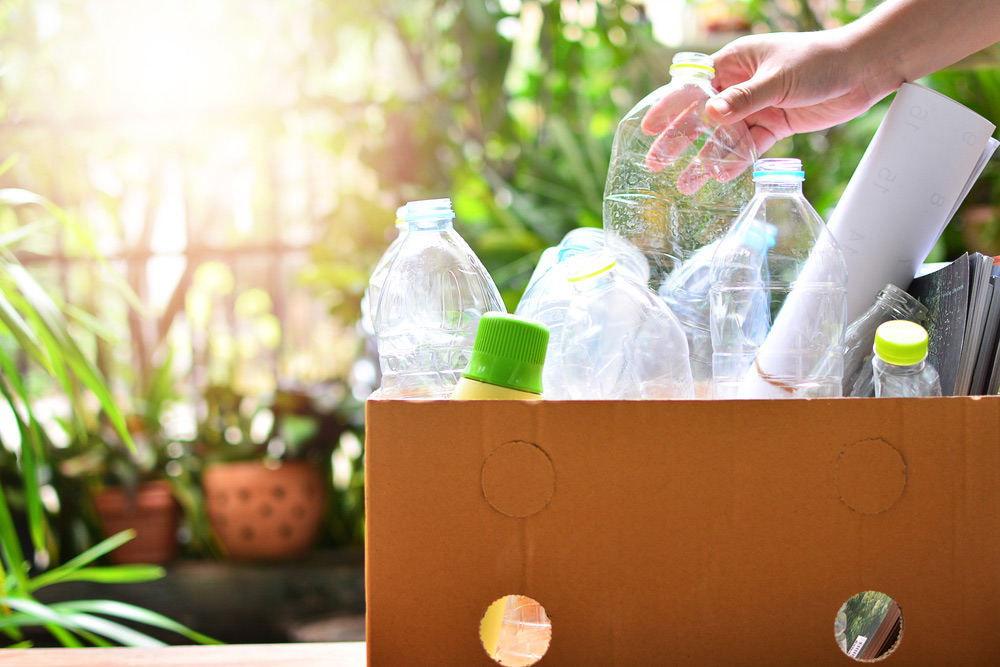What Would Happen If People Stopped Recycling?

We’ve all heard it a million times before: reduce, reuse, recycle. It’s the mantra of the eco-conscious and a phrase that’s drilled into our heads from a young age. But what would actually happen if people stopped recycling? Would the Earth implode? Would we all drown in a sea of our own trash? Let’s take a look at what could happen if recycling became a thing of the past.
Impact On The Environment
The most obvious impact of not recycling is the damage it would do to the environment. Recycling helps to reduce pollution by conserving energy, conserving resources and minimising the amount of waste that ends up in landfill. If people stopped recycling, this would all come to a halt and the pollution caused by our throwaway lifestyle would catch up to us even quicker. In addition, recycling helps conserve resources such as water, oil and trees. If we stop recycling, we will need to find new ways to meet our demands for these resources, which will only exacerbate the problem of pollution.
Impact On The Economy
Another important consideration is the impact not recycling would have on the economy. Recycling provides jobs for thousands of people across the country. It also generates revenue for businesses and local governments. If we stop recycling, all of this will disappear and the cost of disposing waste will increase significantly. It typically costs more to send waste to landfill sites than it does to recycle, so as a result, businesses and consumers alike will likely end up paying more for goods and services.
Impact On Future Generations
Stopping recycling would also have a detrimental effect on future generations. Not only will they be left to deal with the additional environmental damage that we’ve caused, but they may also lack access to resources that are necessary for their prosperity and even survival. We understand to some this might sound far-fetched, but when you really think about it…is it?
In Australia, we’re yet to experience the full consequences of throw-away culture—in part due to our efforts to recycle—but all you have to do is look at what’s happening in other parts of the world for a stark reminder of how important recycling is.
What The Australian Government Has To Say
According to the Department of Climate Change, Energy, the Environment and Water , in 2016/17, Australia generated about 67 million tonnes of waste. We can safely assume that by 2022/23 this has probably grown substantially. In the same year, approximately:
- 10% of plastics were being recycled (293,000 tonnes per year)
- 35% of building waste was recycled (7M tonnes per year)
- 6.7 million tonnes of annual organic waste was causing a significant impact on C02 emissions
- 9% a year was the rate at which hazardous waste materials were increasing
The Government’s bottom line is that recycling is a key contributor to our ability to sustainably manage waste and its associated environmental problems.
It’s clear to see there would be serious consequences if we stopped recycling. From environmental damage and economic hardship to inadequate resources for future generations, it’s safe to say that skipping out on recycling just isn’t an option. At Anything Environmental, we’re playing our part by providing drop & go bins, commercial collection, bottle recycling and more—how about you?






